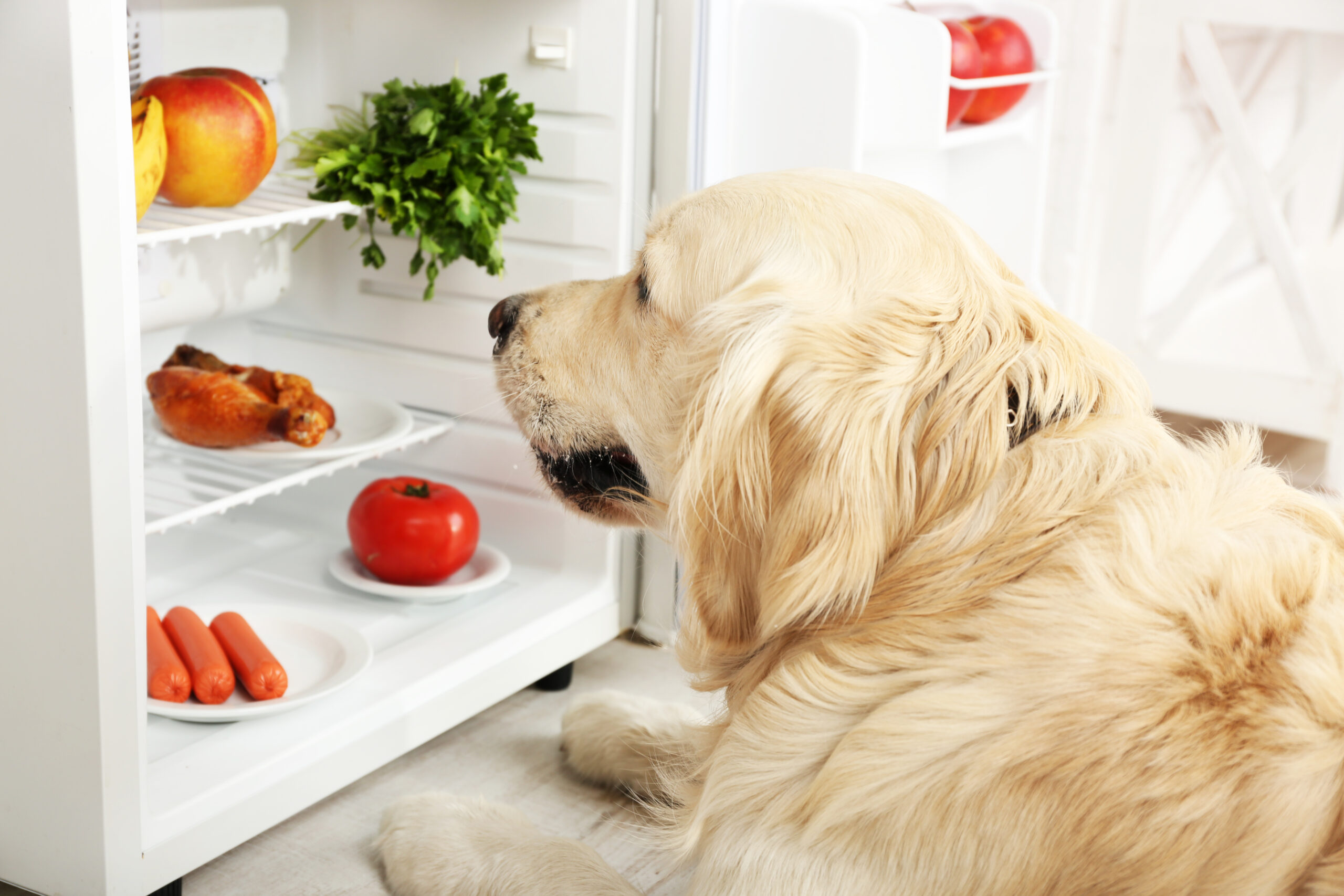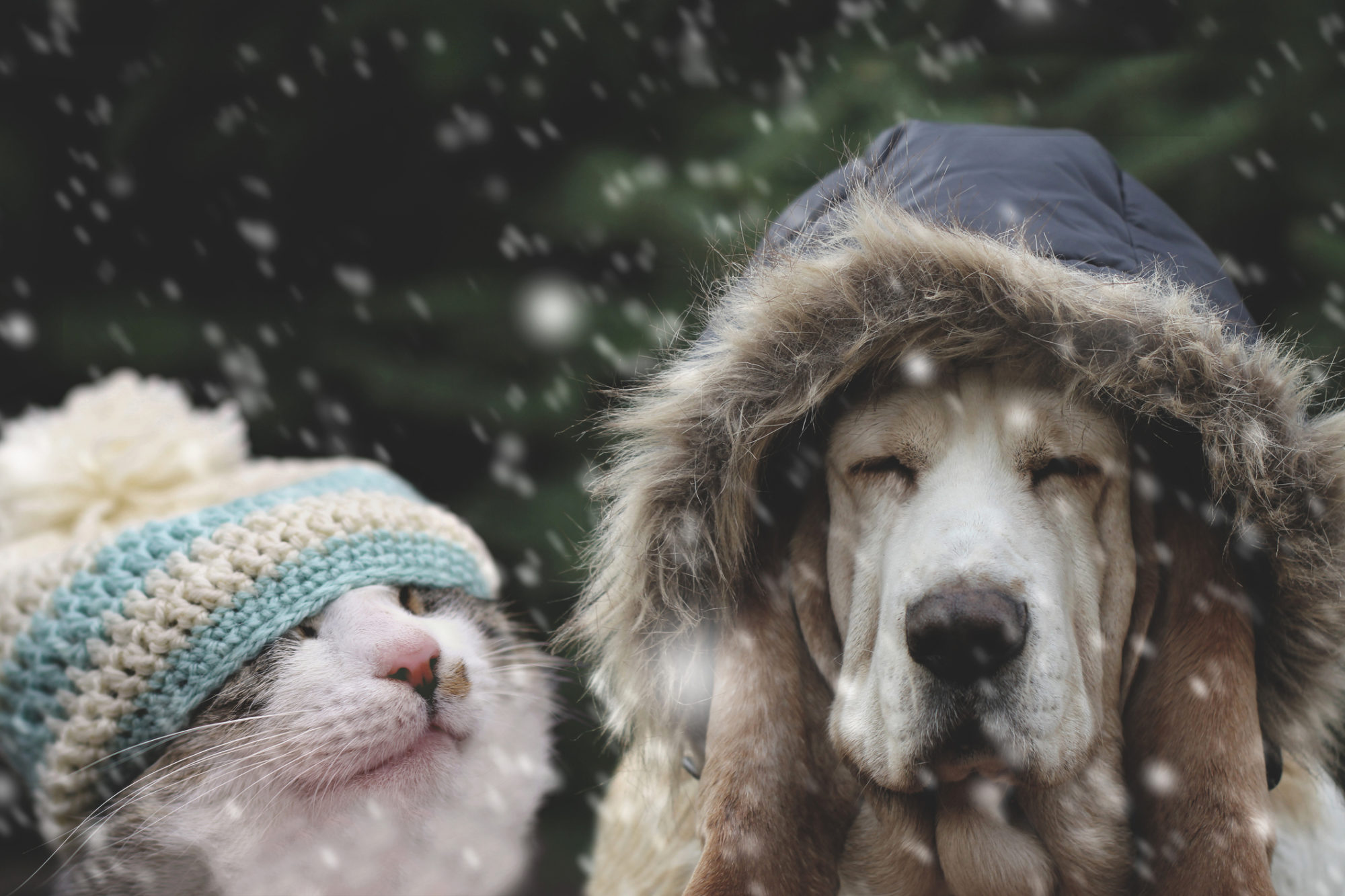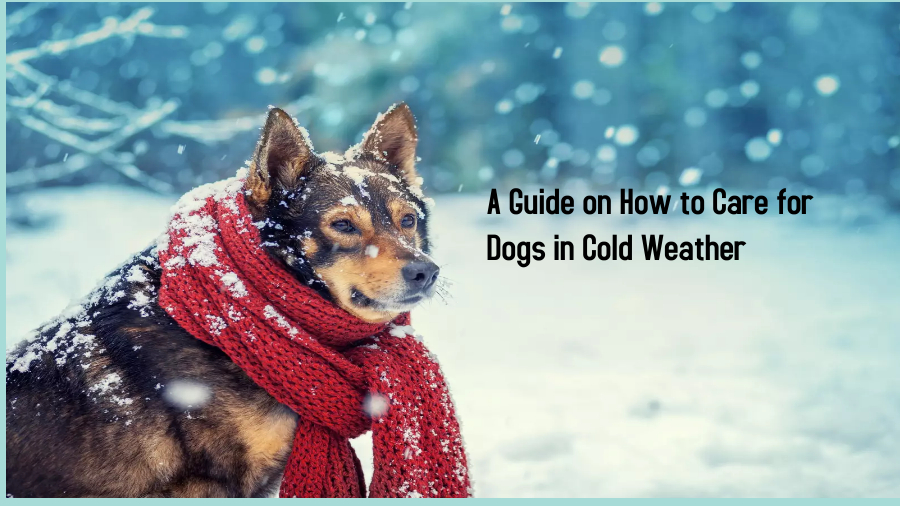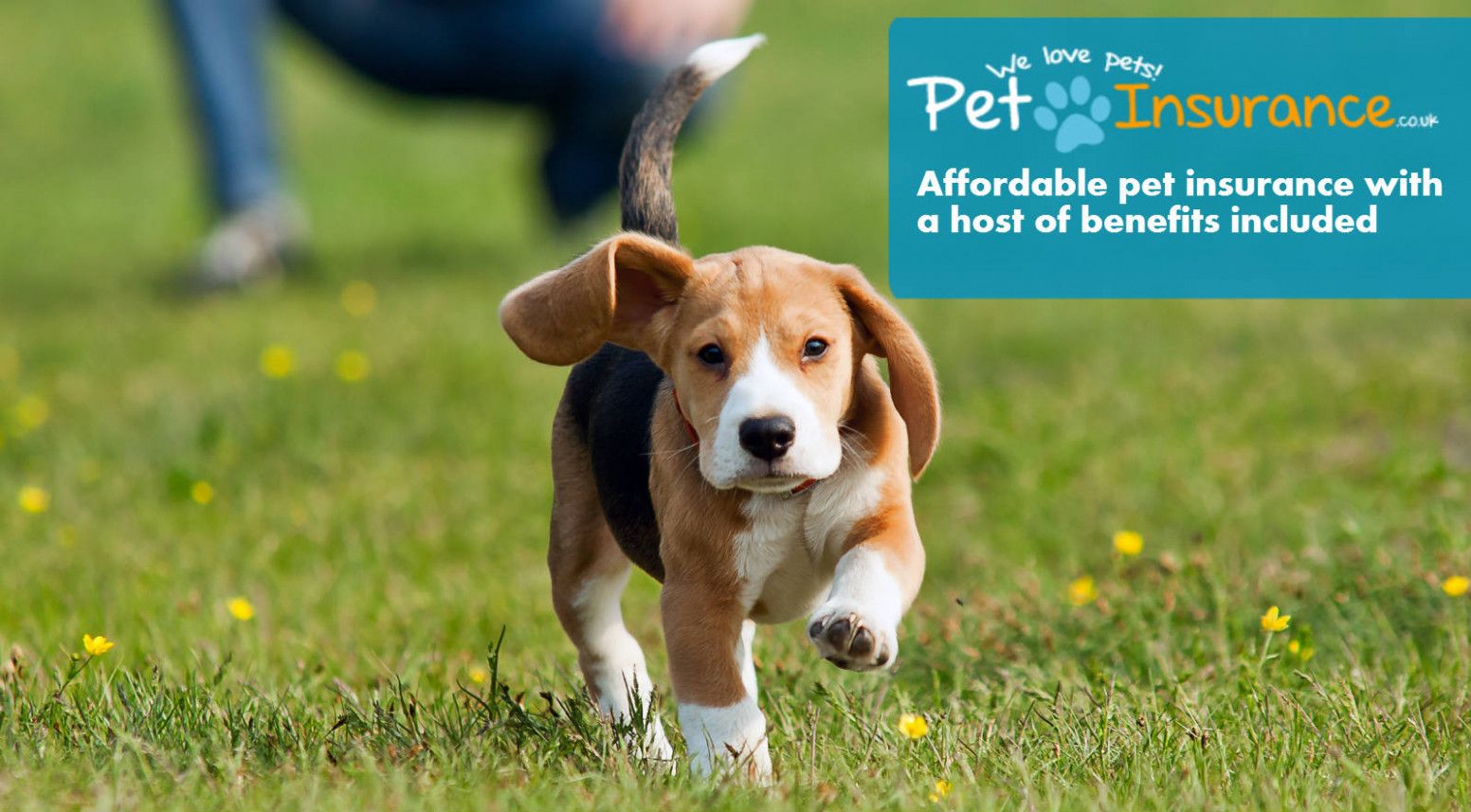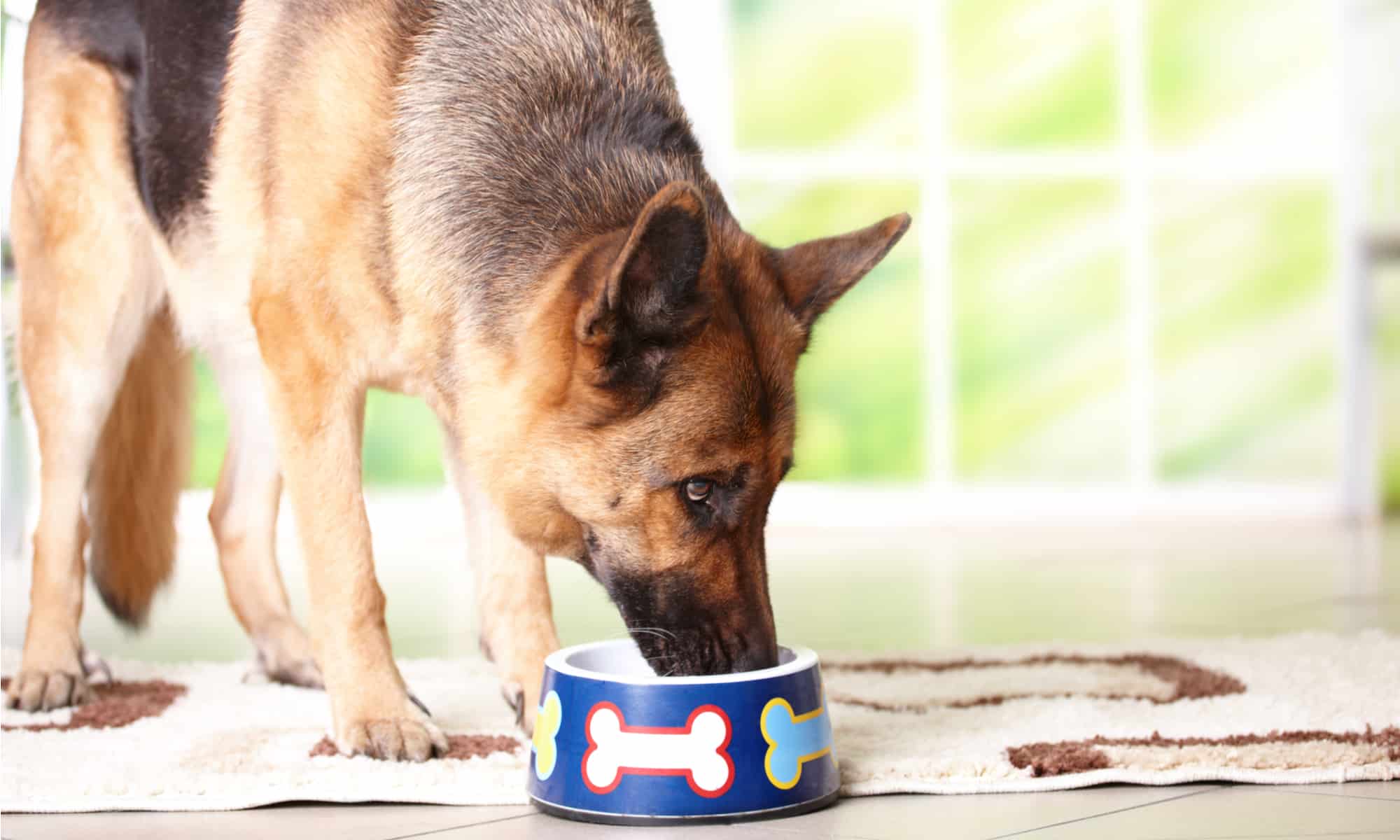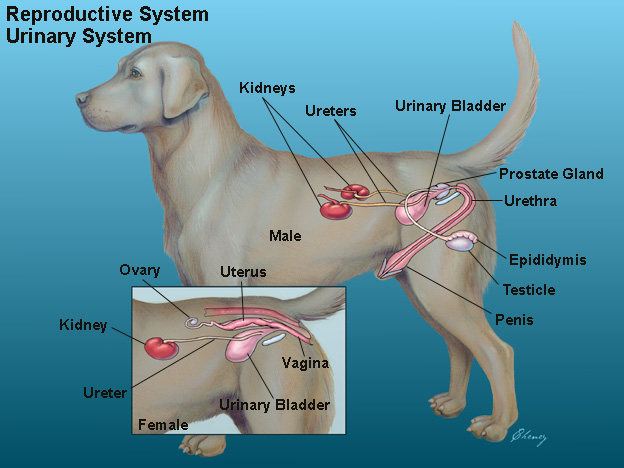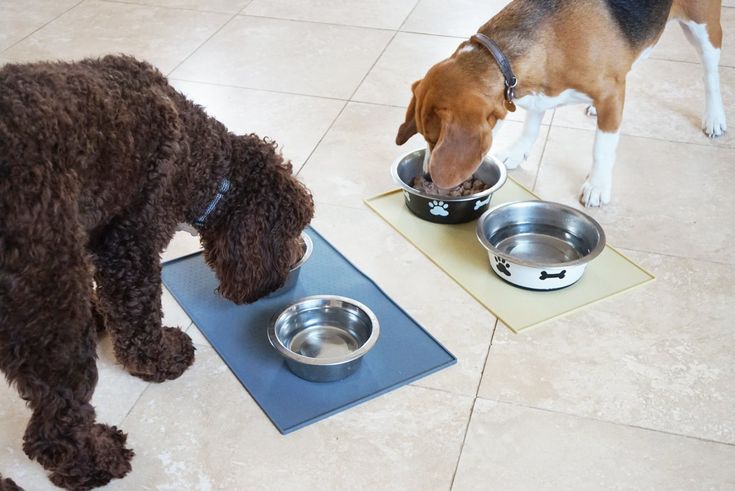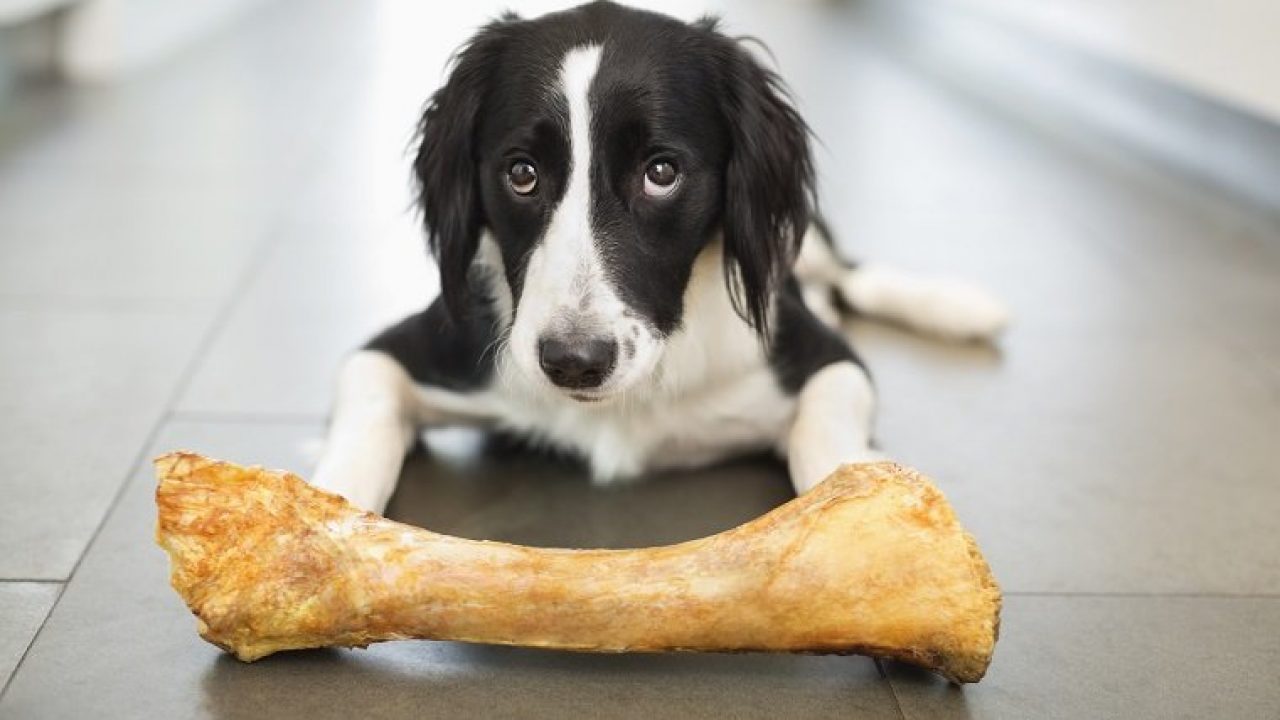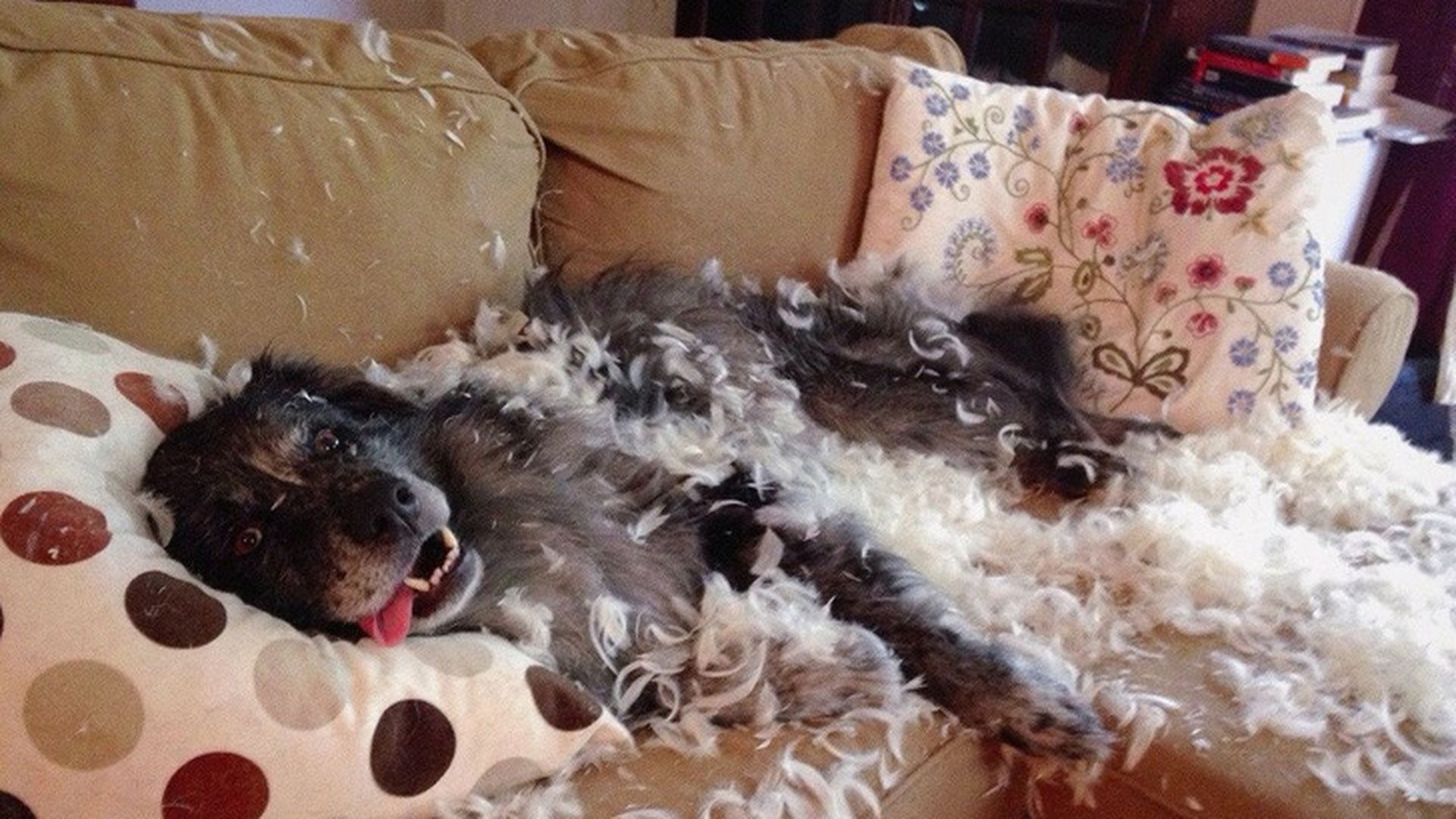When Fido Finds the Butter – What to Do if Your Dog Ate a Stick of Butter
Dog Ate a Stick of Butter on their way into unexpected culinary adventures, and stumbling upon a stick of butter is no exception. While it might initially raise concerns, understanding how to respond to such situations is crucial for your furry friend’s well-being.
The Butter Buffet: A Dog’s Unexpected Delight

It’s not uncommon for dogs to discover and consume items that pique their interest, and a stick of butter can be an enticing treat for them. Before panic sets in, let’s explore what happens when your dog indulges in this unexpected buttery buffet.
Concerns and Potential Risks
While butter itself is not toxic to dogs, excessive consumption can lead to digestive issues. The high-fat content in butter may cause stomach upset, diarrhea, or even pancreatitis in some cases. Moreover, flavored or salted butter can introduce additional complications.
Immediate Steps to Take
- Assess the Quantity Consumed:
- Determine how much butter your dog has ingested. A small amount may not be cause for major concern, but larger quantities could warrant a more proactive response.
- Check for Additional Ingredients:
- Examine the type of butter consumed. If it’s plain, the risks are lower compared to flavored or salted varieties. Ingredients like garlic or onions in flavored butter can be harmful to dogs.
- Monitor for Symptoms:
- Keep a close eye on your dog for any signs of discomfort, vomiting, diarrhea, or lethargy. If you notice severe symptoms, contact your veterinarian immediately.
- Hydration is Key:
- Ensure your dog has access to fresh water. Increased fat intake can be dehydrating, and providing water helps counteract potential dehydration.
When to Consult the Vet
While small amounts of plain butter might not necessitate a vet visit, Dogs ate a Stick of Butter certain situations warrant professional advice:
- If your dog is a small breed or has a pre-existing health condition.
- Ingestion of a large quantity of butter.
- Presence of harmful additives like garlic or onions.
- Onset of severe symptoms such as persistent vomiting or diarrhea.
Preventing Future Incidents
- Secure Food Items:
- Store butter and other human foods securely, out of your dog’s reach.
- Training and Commands:
- Reinforce commands like “leave it” or “drop it” during training sessions to discourage scavenging behaviours.
- Offer Dog-Friendly Alternatives:
- Provide appropriate treats and toys to satisfy your dog’s chewing instincts and prevent them from seeking out human foods.
What to Do If Your Dog Ate a Stick of Butter
Dogs ate a Stick of Butter and butter is no exception. While it may not be immediately life-threatening, consuming butter can lead to various health issues for our canine companions. In this article, we will discuss why dogs should not eat butter, the potential risks associated with it, and what steps you should take if your dog has consumed a stick of butter.
Dogs and butter: Dogs are generally lactose intolerant, and dairy products, including butter, should not be a part of their diet. Butter can cause digestive problems such as a bloated stomach, loose stools, and difficulty digesting fats. Moreover, it can contribute to weight gain, obesity, and even pancreatitis if consumed in large quantities or regularly

Potential health risks:
Consuming butter can lead to short-term discomfort and long-term health issues for dogs. The high fat content in butter can be difficult for dogs to digest, potentially causing gastrointestinal upset. Weight gain resulting from butter consumption can lead to other health problems like diabetes and joint issues
Conclusion
Discovering that your Dogs ate a Stick of Butter may initially be alarming, but a measured and informed response is key. By taking immediate steps, monitoring for symptoms, and consulting your veterinarian if needed, you can ensure your dog’s safety and well-being. Additionally, implementing preventive measures will help avoid such incidents in the future, allowing both you and your furry friend to enjoy a butter-free, worry-free environment.
FAQs: My Dog Ate a Stick of Butter
1. Q: Is butter harmful to dogs?
- A: While plain butter is not toxic, its high-fat content can lead to digestive issues. Flavored or salted butter may introduce additional risks, and certain additives like garlic or onions can be harmful.
2. Q: What should I do if my dog ate a stick of butter?
- A: Assess the quantity consumed and check for additional ingredients. Monitor for symptoms such as vomiting, diarrhea, or lethargy. If severe symptoms arise or if your dog is a small breed, consult your veterinarian.
3. Q: Can I induce vomiting if my dog ate butter?
- A: It’s generally not recommended to induce vomiting without guidance from your veterinarian. In some cases, vomiting may not be effective or could pose additional risks.
4. Q: How much butter is too much for my dog?
- A: The amount depends on your dog’s size, breed, and overall health. Small amounts may not be a major concern, Dogs ate a Stick of Butter could lead to digestive issues. Consult your vet for personalized advice.
5. Q: Are there specific symptoms I should watch for?
- A: Keep an eye out for symptoms such as stomach upset, diarrhea, or lethargy. If your dog exhibits severe symptoms or if you’re unsure, contact your veterinarian promptly

